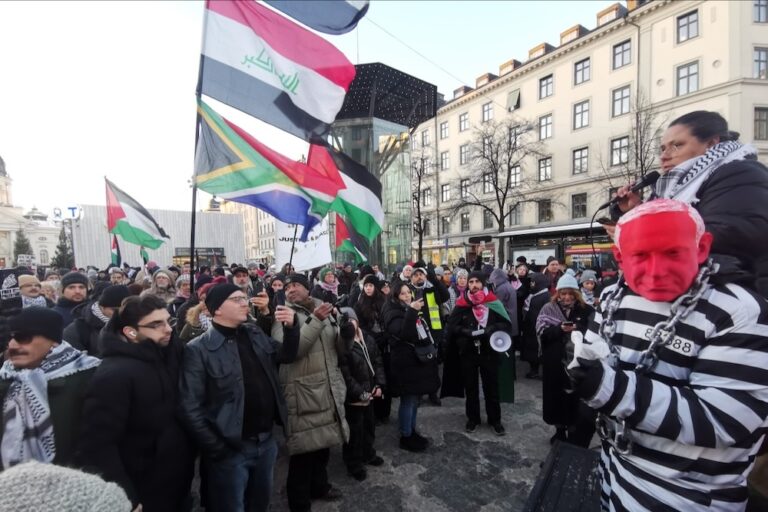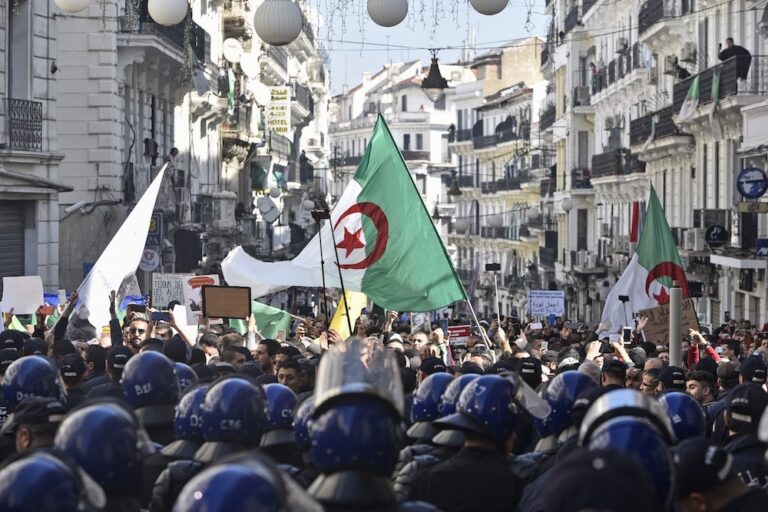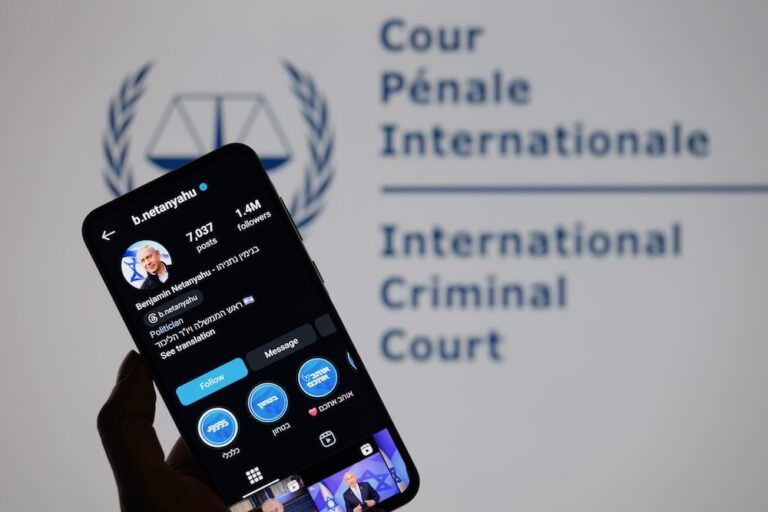This week in Central America, two major international programmes are trying to tailor journalist security to specific regional conditions; these efforts coincide with World Press Freedom Day.
The following is a CPJ Blog post by Frank Smyth, CPJ Senior Adviser for Journalist Security.
In the past, donors and groups providing security to journalists in less-developed nations tended to export a Western, military-style of training designed for a war-time environment. But the danger of covering combat is one thing. Being fired upon by a motorcycle-riding assassin is another–as is being sexually molested in a crowd, discovering a video camera in one’s bedroom, or having one’s phone calls intercepted. And then there is the emotional toll of losing dear colleagues, and wondering whether you or your family will be next.
This week in Central America, two major international programs are trying to tailor journalist security to specific regional conditions. A U.S. State Department-led undertaking, being launched in San Salvador on 30 April 2013, is intended to provide region-specific training in several spots worldwide. In Costa Rica, the United Nations Educational, Scientific and Cultural Organization is continuing an ambitious worldwide effort to improve security for the press and combat impunity in journalist murders. To mark World Press Freedom Day, May 3, UNESCO has organized an array of discussions, “Safe to Speak.”
Read the full story on CPJ’s website.


